John Ring LaMontagne Center for Infectious Disease
-
LaMontagne Center for Infectious Disease
-
Established in 2013, the John Ring LaMontagne Center for Infectious Disease (CID) bridges the gap between basic and translational research into microbial and viral pathogenesis. These efforts also include characterizing and predicting the spread of infectious diseases through populations, and supporting programs to define the human and animal responses to challenge by infectious agents and how human genetics impact susceptibility to infection.
The long-term goals of the CID are to promote interdisciplinary infectious disease research throughout the university; establish mentoring programs for undergraduates, graduate students, health professionals, and junior faculty; build ties to local and national medical centers; facilitate the submission of program project and training grants; and translate the results of research into clinical and public health practice.
The CID will stress an interdisciplinary approach, promoting projects that span the boundaries of traditional scientific fields.
The Center is supported in part through distributions from the John Ring LaMontagne Memorial Chair in Infectious Disease and Global Health, established in loving memory of Dr. John R. LaMontagne by family, friends and colleagues in 2006.
CENTER OBJECTIVES
- To create a Center of national prominence in infectious diseases.
- To provide networking opportunities for infectious disease research laboratories.
- To synergize infectious disease efforts on campus and provide a focal point for outreach into the Austin medical community. With plans for a medical school in Austin in the near future, it is essential that UT-Austin establish an infectious disease focus group to interface with clinicians and provide research and teaching support. We anticipate providing infectious disease research training to health professionals, including medical students and medical residents. Such ties can go both ways, and will provide our pre-medical and public health undergraduate students with venues to pursue research and career development.
- To provide an environment where undergraduates and professional trainees develop critical research skills through participation as investigators in original projects. This will include fostering FRI Streams in infectious disease research, and application for T32 NIH training grants to support graduate students and post-doctoral fellows in infectious disease.
- To stimulate outreach of CID researchers to external audiences, and to provide a rational voice for interfacing with the public and the media on frequently complex issues relating to infectious disease. In this regard, we anticipate having a regular newsletter that both promotes campus research and provides insights into disease that will be of interest to the general public.
- To provide an organizing Center for translational opportunities, including providing access to animal models for testing prophylactic and therapeutic countermeasures, for developing strategies for research translation into the clinic, and for improving clinical and public health practices.
- To foster academic interest in infectious diseases through seminars and colloquia at the interface of basic and clinical research.
MEMBERSHIP
Director
Shelley Payne, Professor, Molecular Biosciences
Associate Director
Jaquelin Dudley, Professor, Molecular Biosciences, Department of Oncology
Advisory Board
An advisory board has been established to provide input and guidance in all center endeavors. This board is composed of four highly accomplished UT Austin faculty members representing the three core colleges; the College of Natural Sciences, the College of Pharmacy, and the Cockrell School of Engineering.
-
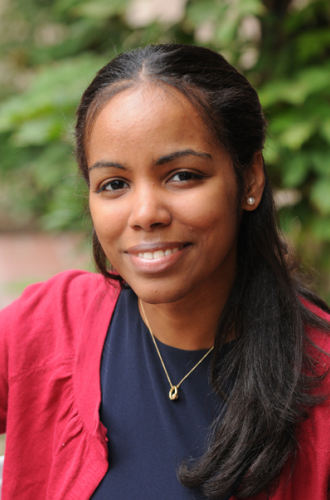
 Lydia M Contreras
Lydia M Contreras
Associate Dean, ProfessorPaul D. and Betty Robertson Meek Centennial Professorship in Chemical Engineering (Holder)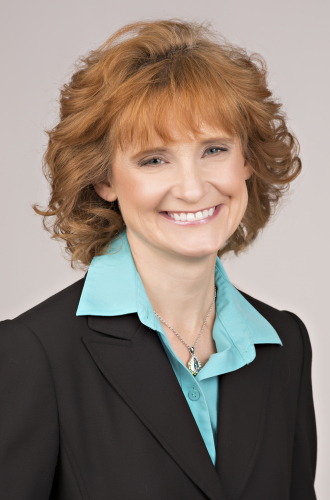
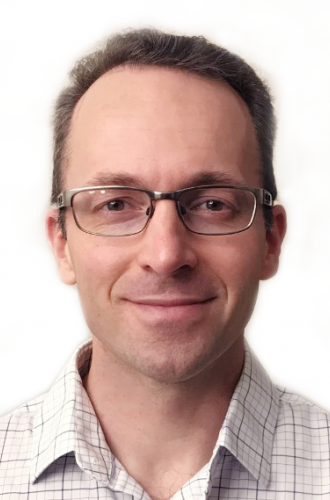 Bryan W Davies
Bryan W Davies
ProfessorLorene Morrow Kelley Professorship in Microbiology (Holder)We investigate protein-based antibiotics and bacteria-host interactions.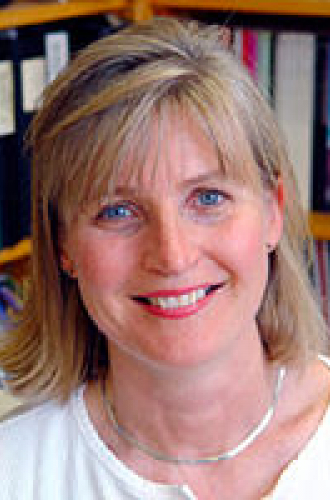

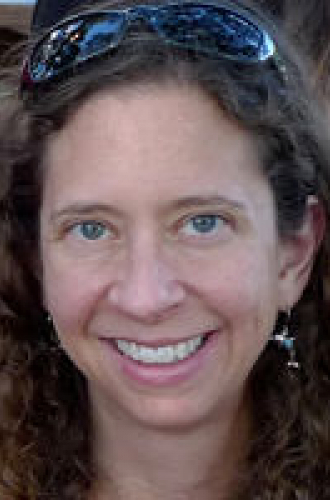 Lauren I Ehrlich
Lauren I Ehrlich
ProfessorL. Leon Campbell, Ph.D. Distinguished Professorship in Microbiology (Holder)Thymocyte: stromal cell interactions in T cell development and T-ALL
 Andrew Ellington
Andrew Ellington
ProfessorWilson M. and Kathryn Fraser Research Professorship in Biochemistry (Holder)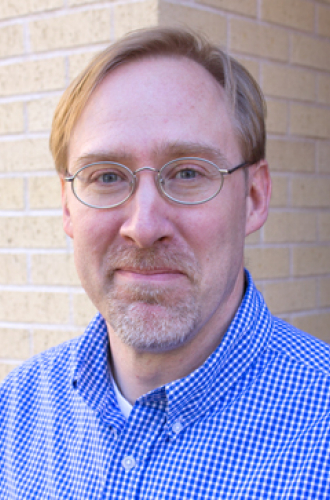
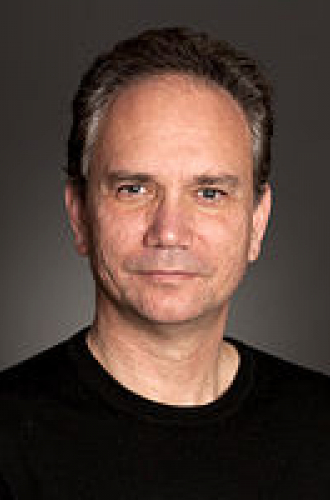
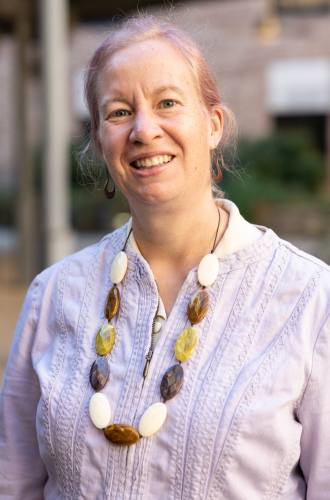
 Vernita Gordon
Vernita Gordon
ProfessorExperimental biological physics; multicellular systems; the role of physics and spacial structure in developmental and evolutionary systems.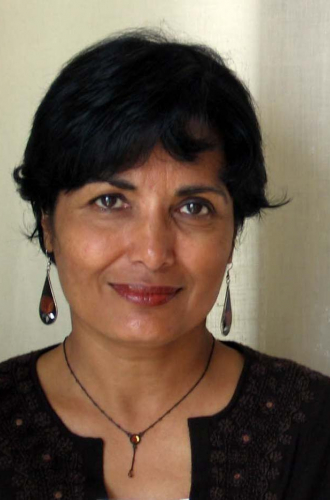 Rasika M Harshey
Rasika M Harshey
ProfessorMary M. Betzner Morrow Centennial Chair in Microbiology (Holder)DNA transposition, Replicative repair, flagella motility and signaling, bacterial surface colonization
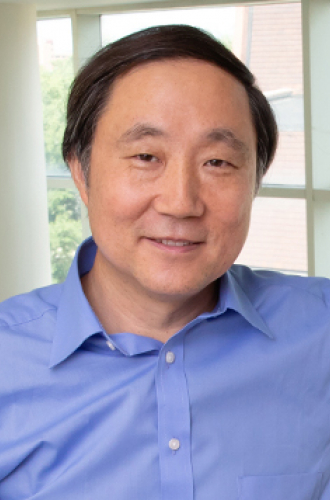

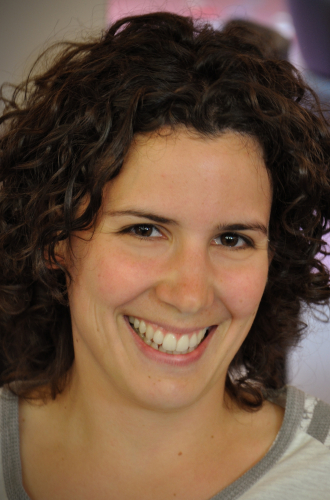

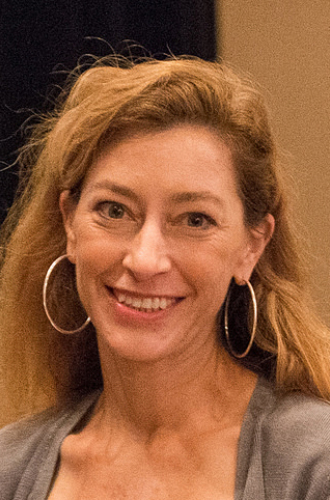
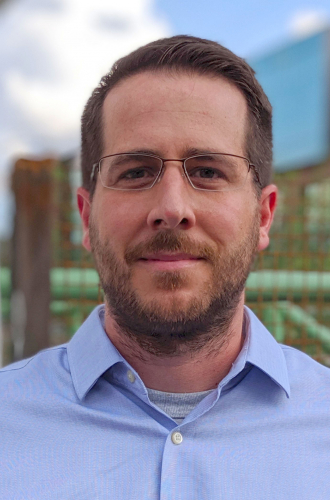
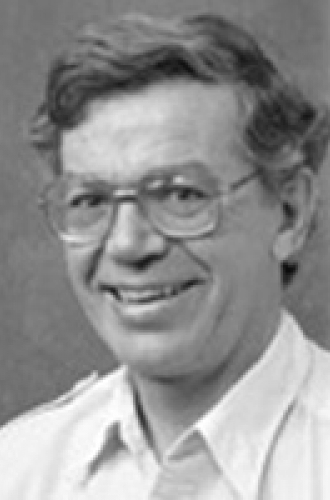 Ian J Molineux
Ian J Molineux
ProfessorMechanisms of phage infection and genome ejection in vivo; phage evolutionary genetics and applications of phage Nancy A Moran
Nancy A Moran
ProfessorWarren J. and Viola Mae Raymer Chair (Holder) | Lisa and David Genecov Family Professorship in Plan II Biology (Fellow)Insect and bacterial genomics and evolution, Symbiosis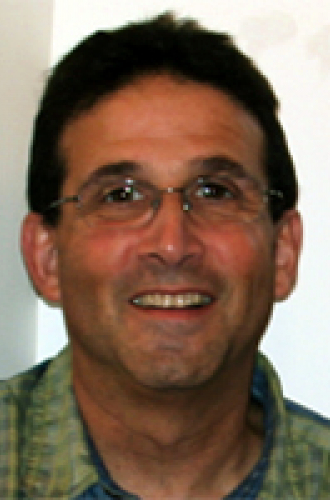
 Howard Ochman
Howard Ochman
ProfessorJoseph J. & Jeanne M. Lagowski Regents Professorship in Molecular Bioscience (Holder)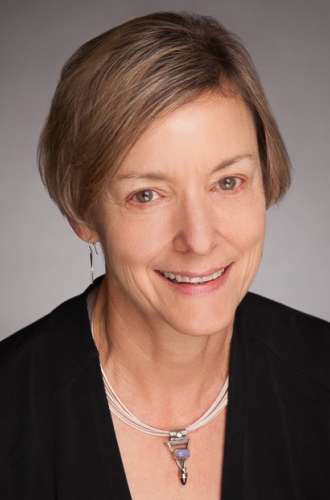
 Shelley M Payne
Shelley M Payne
Director, LaMontagne Center for Infectious Disease, ProfessorMarie Betzner Morrow Centennial Chair (Holder) | Distinguished Teaching Professor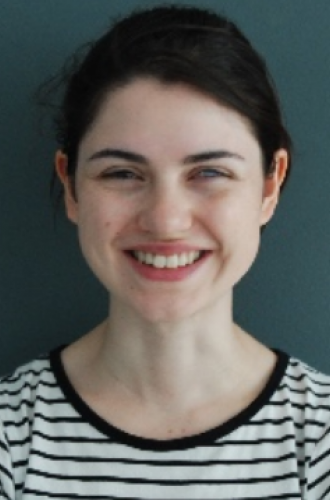


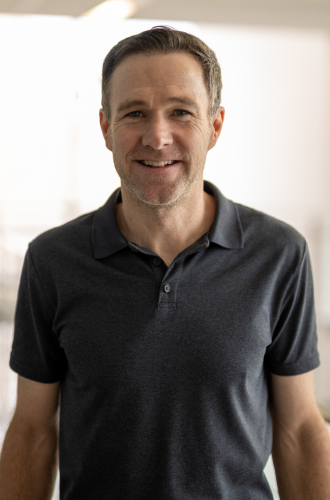 Christopher S Sullivan
Christopher S Sullivan
ProfessorLorene Morrow Kelley Professorship in Microbiology (Fellow) | Lorene Morrow Kelley Endowed Faculty Fellowship Fund (Holder)Our lab seeks to understand how viruses interact with the host non-coding RNA machineries to replicate, induce tumors, and cause pathogenesi














